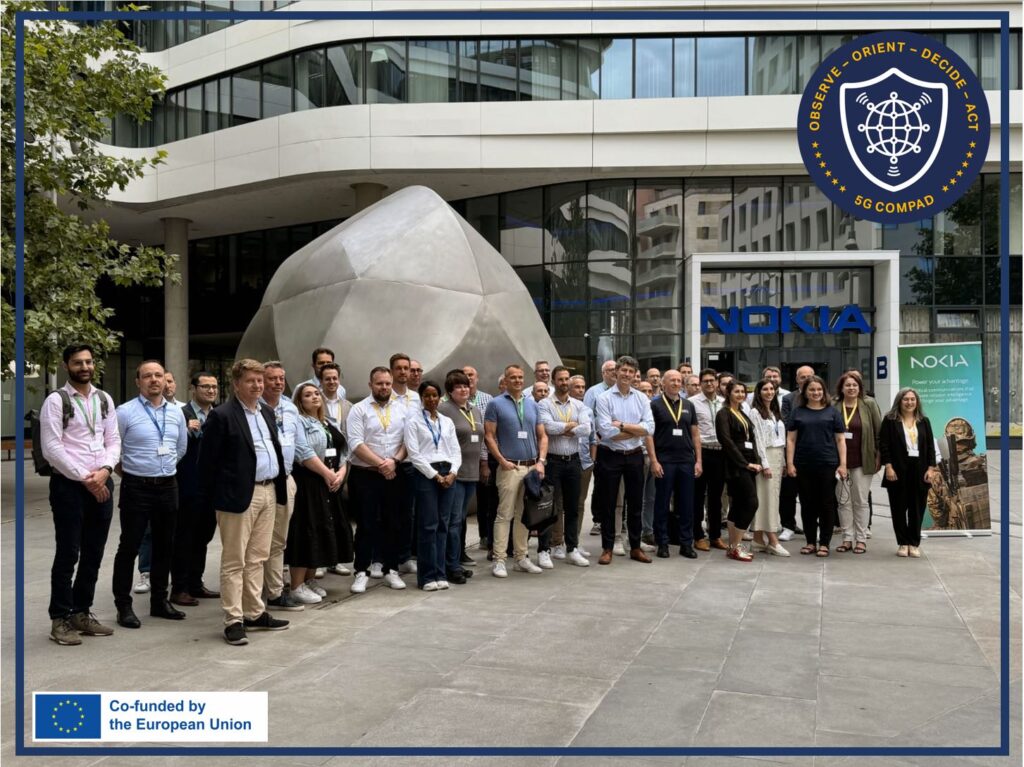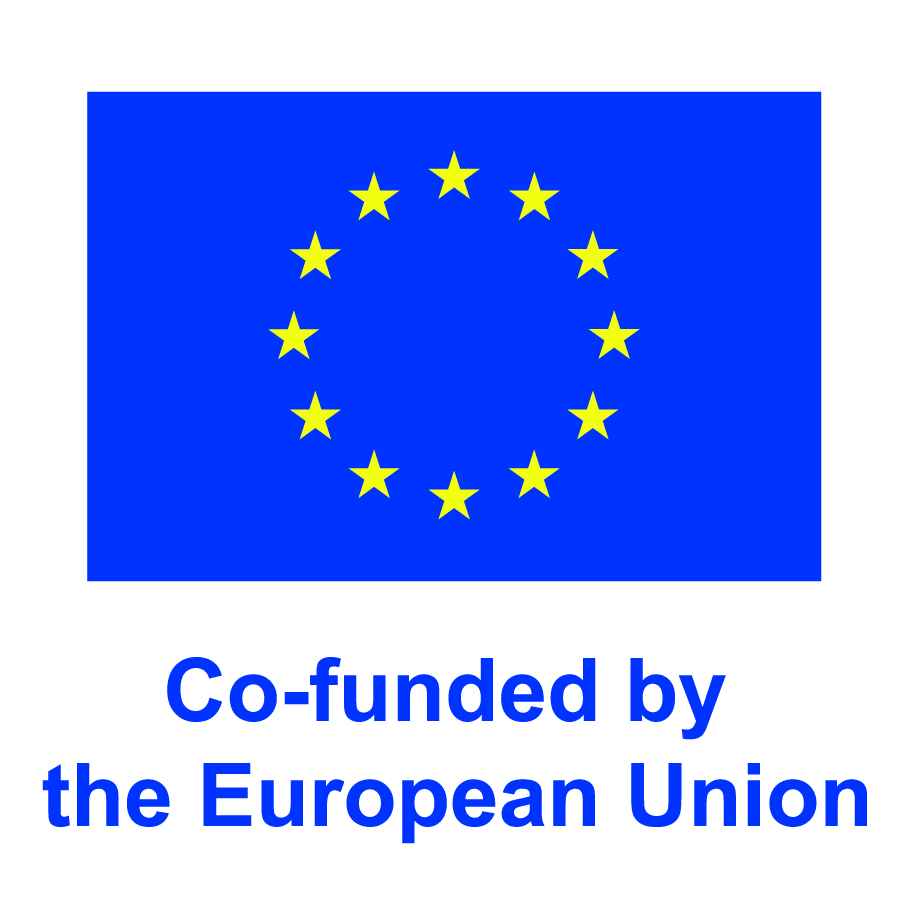From June 25 to 27, 2024, in Budapest, Hungary, the 5G Communications for Peacekeeping and Defence (5G COMPAD) project partners, stakeholders, and representatives of the involved European Ministries of Defence (MoD) met at a plenary meeting. The three-day gathering was organized and hosted by NOKIA, one of the project’s consortium members.
During the plenary meeting, several presentations were held, alongside workshops and smaller group meetings. 5G COMPAD stakeholders discussed the project status and achievements with the MoD representatives. Additionally, project partners met in several closed gatherings and group meetings. Those included a demonstrator workshop, a plenary presentation, and an overview of the project status and objectives.
In 2024, the 5G COMPAD project focuses on integration and extension. During the three-day meeting in Budapest, project partners and others involved in the project also engaged in planning the next steps and tasks for the 5G COMPAD project’s execution and synchronizing ongoing activities and their deliverables.

In addition to the meetings and planning activities, a demo by Nokia was conducted. During the demonstration, a portable 5G bubble was deployed outdoors, and it showcased the benefits of radio on a drone, such as coverage and flexibility of operation. A 5G MCPTX was used to steer the team doing a drive test in the demo.
NOKIA held the demonstration in cooperation with Rotors & Cams, which provided drones and licensed personnel to operate them. Rotors & Cams is also a partner of the MoD of Hungary, which is one of the MoDs participating in the 5G COMPAD project. This serves as an example of how the project consortium cooperates with the broader industry.
Project: 101103519 — 5G COMPAD — EDF-2021-C4ISR-D-2
Press contact:
5G COMPAD Communication team
media @ 5gcompad.eu

Views and opinions expressed are however those of the author(s) only and do not necessarily reflect those of the European Union or the European Commission. Neither the European Union nor the granting authority can be held responsible for them.


Views and opinions expressed are however those of the author(s) only and do not necessarily reflect those of the European Union or the European Commission. Neither the European Union nor the granting authority can be held responsible for them.
Project: 101103519 — 5G COMPAD — EDF-2021-C4ISR-D-2
©2023 All rights reserved 5G Compad | Cookie Policy | Privacy Policy